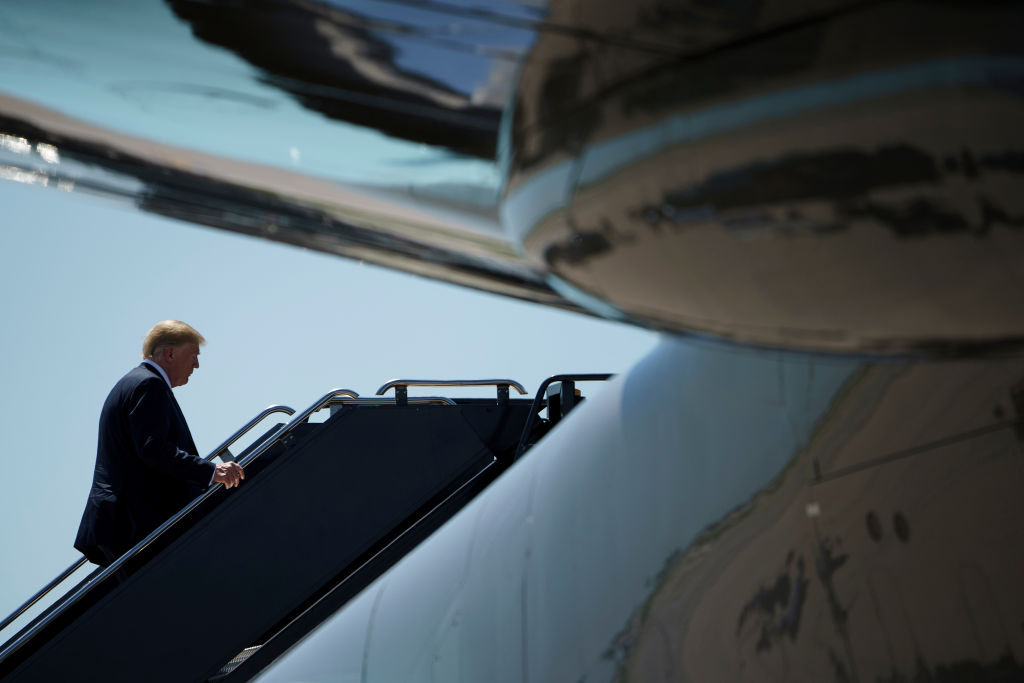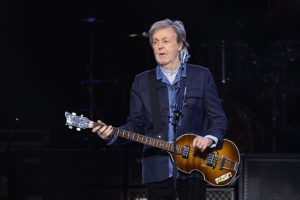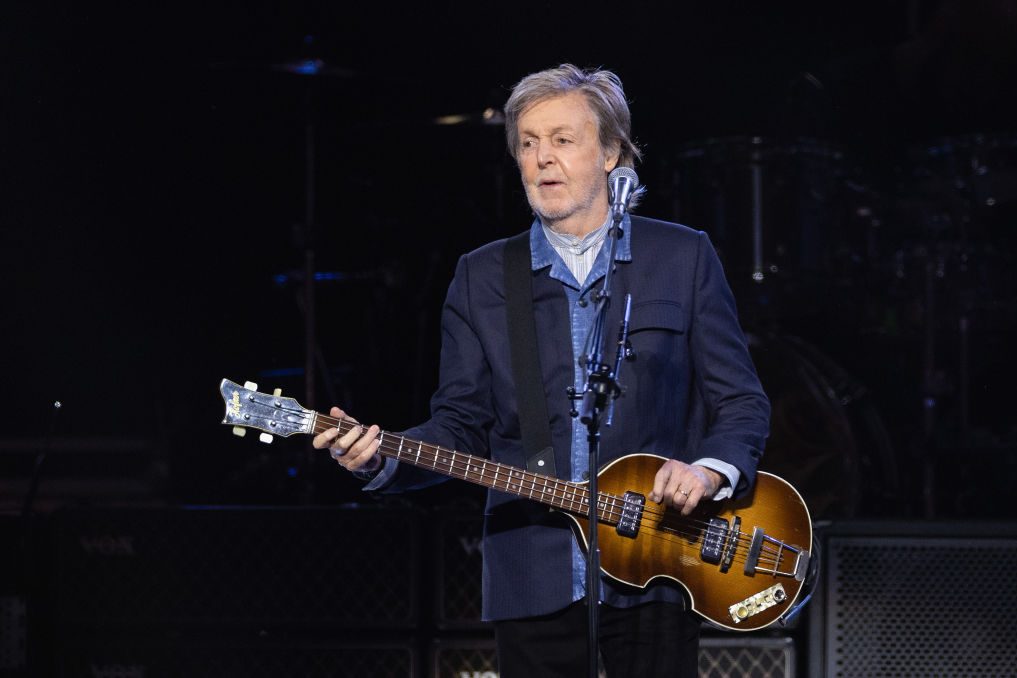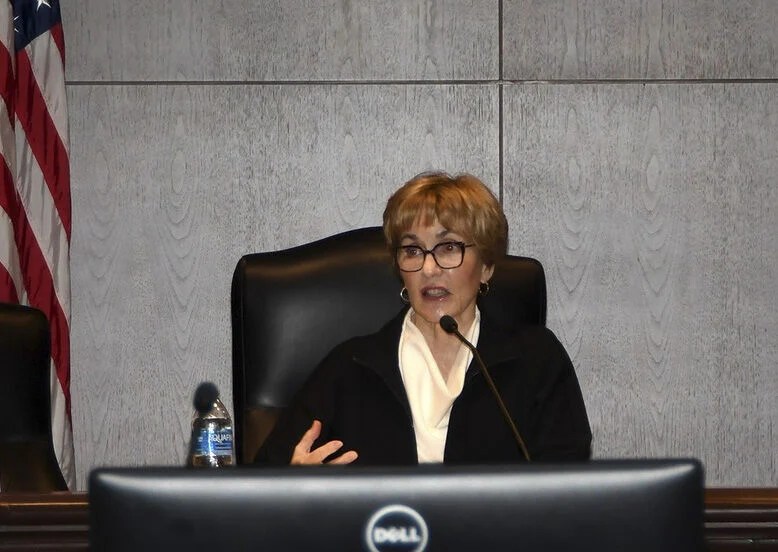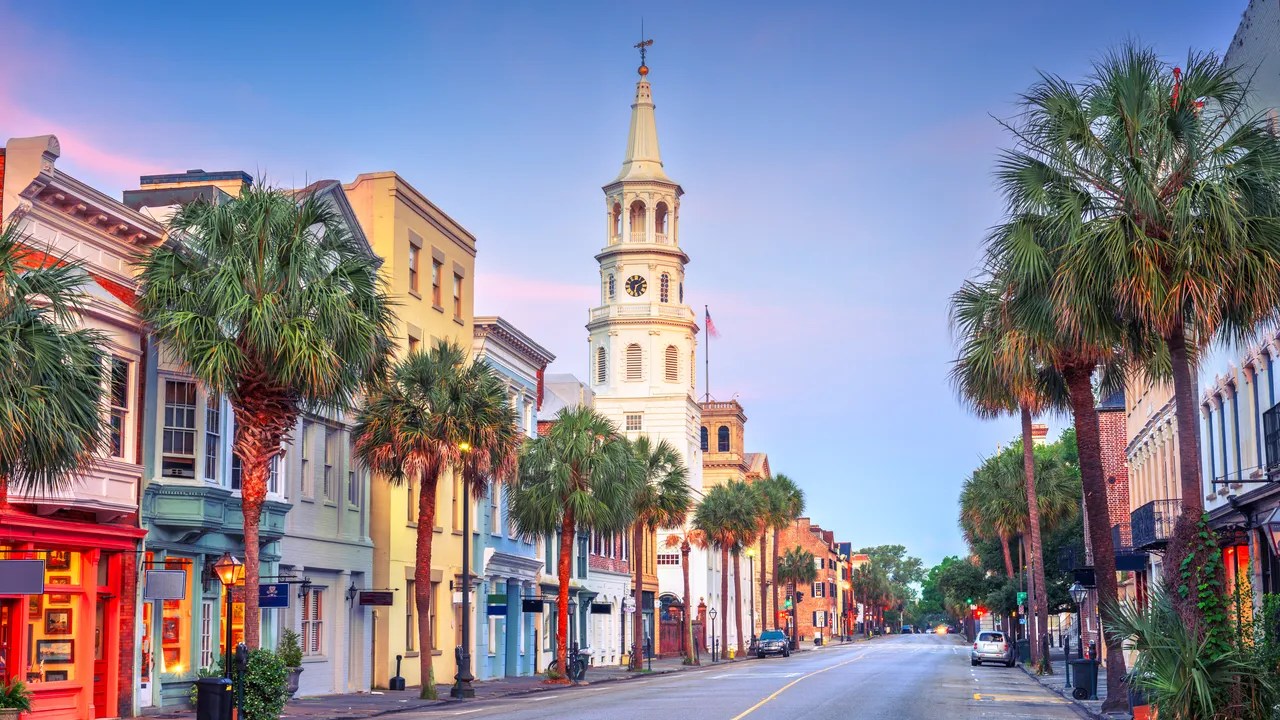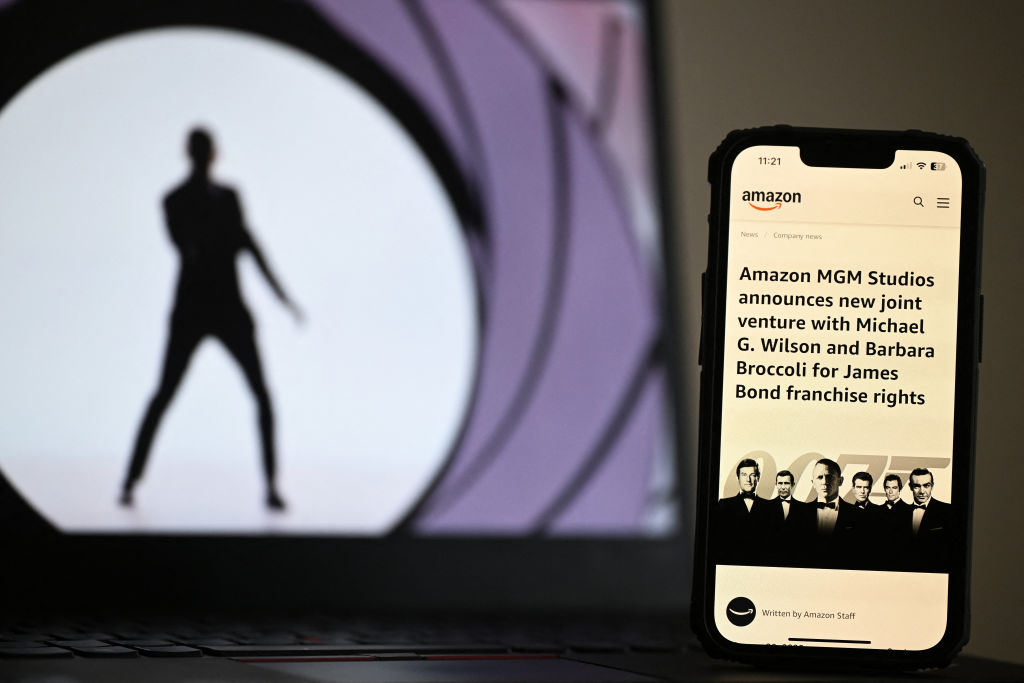Now that the all-consuming, head-exploding media meltdown over Donald Trump’s performance in Helsinki has subsided somewhat, it is worth attempting to examine what, exactly, inspired the frenzy. Virtually the entire elite press corps and large swaths of the political class united in denouncing the sitting president not just as incompetent, but as an active, knowing traitor. Given the interminable quality of the Trump/Russia saga, such furor is likely to bubble up again in the near future. So what’s at the root of it?
In the popular telling, Trump’s subservience to Vladimir Putin— coupled with his rejection of his own Intelligence Community’s conclusions on purported Russian “meddling” in the 2016 election — caused the apoplexy. This is true, as far as it goes. But there is a more fundamental level on which Trump stokes such angst: he departs from the traditional American exceptionalism script. The one which holds that America’s motives are always democracy-loving and pure, its spy agencies are infallible, and its moral superiority goes without saying. Trump evidently believes none of these things, and as such is not so much a duly-elected head of state, but a saboteur whom the political and media class can never countenance.
Trump has a reputation as an expositor of boisterous nationalism, and he is. But in crucial ways, the nationalist vigour he embodies is not necessarily one in the same with the “exceptional nation” mythos which has animated the self-conception of the American political class for decades. For his detractors in the think tanks and the elite media institutions, this is heresy.
Prior to launching his presidential campaign, Trump opined at length on why he “never liked” the concept of American exceptionalism, and observed that by invoking it constantly as presidents often do, “you’re insulting the world.” Trump instead emphasises a sort of crude transactionalism, which while always ladled with superficially patriotic bluster, represents a depreciation of exceptionalism’s currency. In the exceptionalist mythos, America is not simply a hegemon but a moral exemplar— a shining city on a hill. Trump, in his unguarded moments, betrays an essential skepticism of this mythology. For Trump, no foundational superiority necessarily separates the United States from, for instance, Russia, or prevents the two countries from being situated as moral peers. “We’ve got a lot of killers,” Trump famously averred to Bill O’Reilly in February 2017, when O’Reilly prodded him to condemn Putin outright. “What do you think— our country’s so innocent?”
This, perhaps more than any other of Trump’s rhetorical excesses, is the most potent way in which he has unsettled the consciousness of the political and media class, who were raised on a steady diet of exceptionalist dogma— whether the chest-beating, militaristic, My Country Right Or Wrong conservative version, or the kind-hearted, humanitarian, world-order-protecting liberal version. Trump is ultimately an adherent to neither, and this elicits a certain hysteria from elites who are paranoid about their country’s decline.
So for Trump, paying deference to Putin is not some egregious breach of America’s sacred honour. It’s simply what a rational business-minded person would do while in the presence of an important foreign leader. Unbound by the popular mythology of exceptionalism, and bound instead by the mythology of his own deal-making prowess, Trump is unmoored from the typical rhetorical constraints that limited what even his predecessor could say about the nature of American power.
At the Helsinki press conference, Trump quite literally drew an equivalence between the United States and Russia for their respective culpability in geopolitical misdeeds. “I hold both countries responsible,” Trump said of deteriorated US-Russia relations. “I think that the United States has been foolish. I think we’ve all been foolish. We should have had this dialogue a long time ago — a long time, frankly, before I got to office. And I think we’re all to blame.” In an earlier era, the Republican Party would’ve swelled with fury at the very suggestion that the US and Russia could be regarded as on the same moral plane, but that’s exactly what their standard bearer, Trump, has done. Because he couples this anti-exceptionalism with nationalistic platitudes, however, it’s not widely recognised as the stark repudiation which it so plainly is.
This is all the more ironic, because the Republican Party’s constant refrain in denouncing Barack Obama was that he was a feeble avatar of American hegemony who secretly despised his own country, as evidenced by his propensity to travel about the world on an “Apology Tour,” in which he announced how sorry he was for past U.S. offenses. Mitt Romney, the GOP presidential nominee who preceded Trump, wrote a memoir entitled “No Apology: The Case for American Greatness,” and the talking point quickly calcified into Republican conventional wisdom. Ignore that Obama’s stray comments never amounted to anything close to the wholesale rejection of American might which the GOP brass wanted to imagine; Obama never went nearly as far as Trump in undermining the very premises which comprise the bedrock of the exceptionalist worldview. Indeed, Obama’s “brand” was predicated on how exceptional it was that someone with a background like his could rise to the highest echelons of political power. Trump generally does not traffic in such illusions.
Amusingly, one notable political figure who had long recognised this instinct in Trump was Hillary Clinton. During the 2016 presidential campaign, Clinton frequently alleged that Trump failed to evince sufficient reverence for America’s exceptional pedigree. “If there’s one core belief that has guided and inspired me every step of the way,” she proclaimed at an August 2016 speech, “it is this. The United States is an exceptional nation.” Clinton contrasted this with the more wary posture demonstrated by Trump, whom she denounced for purportedly thinking that “American exceptionalism is insulting to the rest of the world.”
She wasn’t, strictly speaking, wrong. Her accusation that Trump would be a poor steward of America imperium, and her observation that Trump wasn’t quite on board with the exceptionalism mantra, was correct. But the attack fell flat politically because Trump was always able to obscure his skepticism with regular overtures to American “greatness” and other variations of nationalistic gusto. Clinton was never going to be able to secure the patriotic high-ground.
“We’re still Reagan’s shining city on a hill,” she declared, unconvincingly, in the August 31 speech. By contrast, Trump sees in America not a collection of exceptional political ideals, but a collection of business ventures. His campaign theme was premised not on America shining, but burning. A “deep state” runs rampant, undercutting him at every turn. He’s what you might call a post-exceptionalist. And as the United States enters a post-exceptionalist phase, its elites do not wish to reckon with what this portends.
When reading from prepared remarks, Trump often does recite the standard bromides about exceptionalism which have become the dreary requirement for any U.S. head of state. But when freewheeling extemporaneously, the “real Trump” tends to emerge, as he did in Helsinki. And for angst-ridden elites, the “real Trump” is an imposter— a nasty imposition on the body politic who must be in hock to a sinister foreign tyrant. That to them is the only explanation which makes sense. Because otherwise, his very presence on the world stage suggests that the American project is not as exceptional as they’ve been led to believe.



